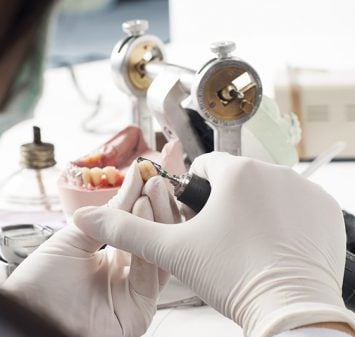Your General Dentist in Sarasota
Sarasota Dentistry offers our patients a comprehensive array of general dentistry. The importance of preventative dental care cannot be understated – and prevention is the focus of general dentistry. Visiting your dentist on a regular basis for professional teeth cleanings and routine checkups is essential to your oral health. Avoiding cavities, jaw issues, and other problems that may develop can make treatment easier and more cost effective. Sarasota Dentistry provides general dental care that keeps your teeth healthy and your smile shining.
Our team is focused on building long-term relationships with our patients. Many dentists offer general dentistry in Sarasota. We understand it’s important to set ourselves apart. Dr. Hank and the Sarasota Dentistry team are passionate about dental care — your smile is our reason for celebration. Dentistry is a field where you can have a positive impact on people’s lives – this is why we do what we do. We care about our patients and take the necessary steps to make them as comfortable as possible when they visit our office.


